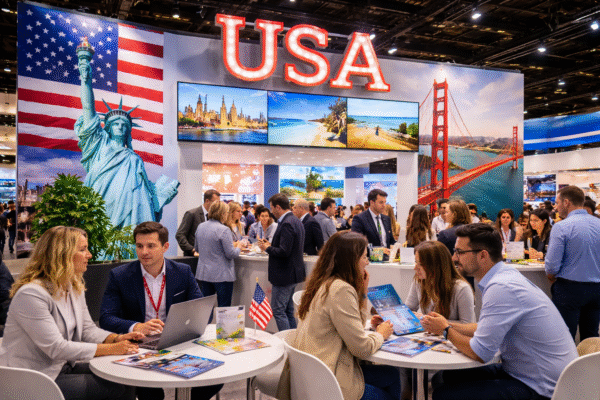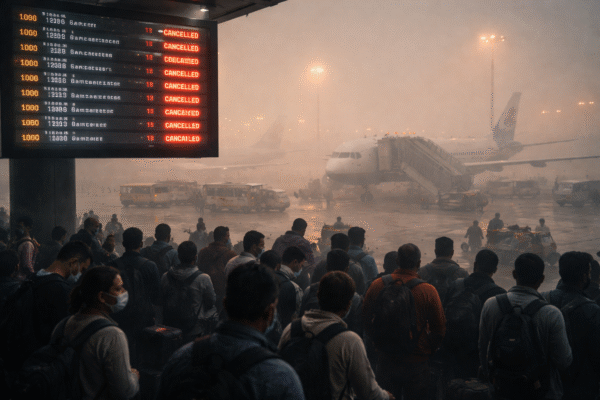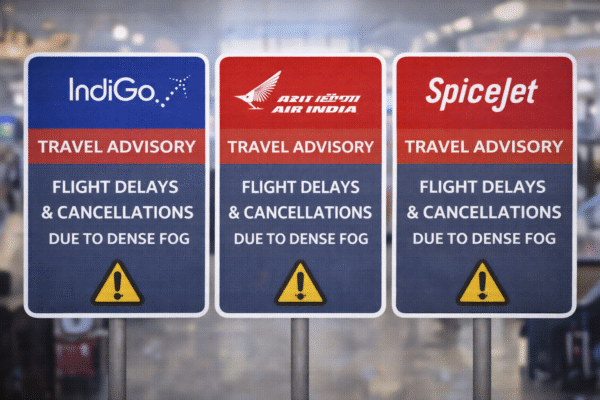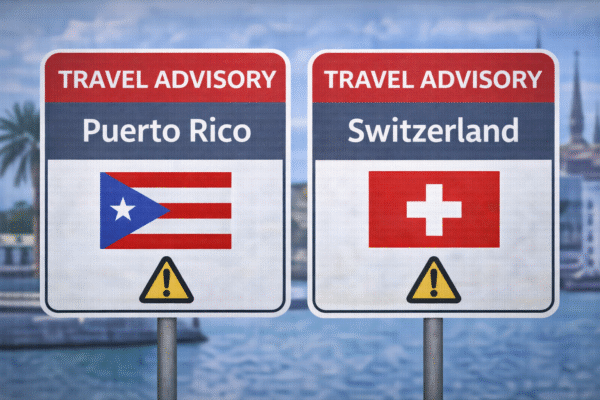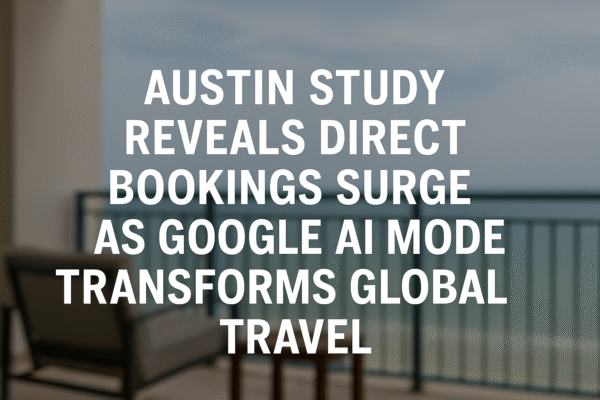Austin has emerged at the forefront of a seismic change in global travel behavior. A new study led by Propellic, in partnership with Clickstream Solutions and Growth Memo, reveals that 56% of bookings within Google AI Mode are now made directly with hotels or activity providers. In contrast, less than 10% were recorded through online travel agencies (OTAs), underscoring a dramatic reshaping of the digital travel marketplace.
The research analyzed over 300 booking journeys, 71,000 words of real traveler transcripts, and thousands of clicks in simulated planning environments. Its findings suggest that generative AI is consolidating every stage of the booking funnel—from dreaming to decision-making—into a single, AI-driven environment.
Google AI Mode Reshapes Travel Planning
Traditionally, the traveler’s path to purchase involved multiple steps: inspiration, research, comparison, and final booking. However, large language models (LLMs) are now collapsing these stages into one integrated funnel.
With Google AI Mode becoming the central hub for travel planning, traditional search results are pushed further down the page. Instead of jumping between websites, reviews, and booking platforms, travelers are finalizing decisions directly within the AI interface.
This shift represents a radical transformation: the brand that secures visibility within AI Mode gains a decisive competitive edge.
Google Business Profile Becomes the New Storefront
The study highlights the increasingly critical role of Google Business Profile in shaping traveler decisions. Inline profile cards and local packs embedded in AI responses attract high engagement. Users frequently click through to hotel websites, browse reviews, compare rates, and explore photos—all without leaving Google’s ecosystem.
This evolution suggests that a hotel’s official website, while still important, is no longer the primary entry point for many travelers. Instead, the Google Business Profile now functions as the modern storefront, requiring constant optimization, up-to-date content, and AI-compatible data to maintain visibility.
AI Recommendations Drive Trust and Conversions
Another key finding is that AI-driven recommendations inspire exceptional trust among users. Suggestions for destinations, hotels, and activities generated within Google AI Mode received an average trust score of 4.3 out of 5.
This trust translates into action: inline text links within AI responses receive far more clicks than traditional citation lists or external links. For travel brands, securing placement in these inline recommendations is becoming essential for driving traffic and boosting conversions.
Conversational Prompts Replace Keywords
Traveler interactions are also evolving in how queries are made. The study shows that query lengths have more than doubled in AI Mode. Instead of short keywords, users now rely on conversational prompts that mimic natural speech.
For example, a traveler might type: “Find me a beachfront hotel in Marbella with family-friendly activities and late check-out options.” Such prompts allow AI systems to return personalized and contextually relevant results, strengthening user confidence.
This shift renders many traditional SEO strategies outdated. Travel businesses must restructure content across websites, Google profiles, and paid media to align with conversational search patterns.
The Future of OTAs in an AI-Driven Market
The Propellic study raises questions about the long-term role of OTAs. With direct bookings now dominating, OTAs risk losing their relevance unless they adapt quickly.
Experts suggest that OTAs must invest in geographic targeting strategies, personalized incentives, and AI-integrated content to retain market share. Failing to evolve could result in declining traffic, reduced margins, and increased competition from hotels that prioritize direct engagement with customers.
For hotels and tour operators, the decline of OTAs opens an opportunity to build stronger direct relationships with travelers, reducing reliance on third-party platforms and increasing profitability.
Preparing for an AI-First Travel Industry
As AI Mode becomes the default environment for planning trips, travel businesses face urgent challenges—and significant opportunities. To stay competitive, companies must:
- Structure content to answer conversational prompts seamlessly.
- Optimize Google Business Profiles with AI-ready images, reviews, and descriptions.
- Align engagement strategies with AI-driven booking funnels.
- Continuously monitor traveler behavior to adapt to new booking trends.
These strategies are essential to thrive in a marketplace where AI influences nearly every decision before a booking is completed.
Economic and Industry Impact
The rise of AI-driven bookings carries broad implications for the global travel economy. Direct bookings generate higher margins for hotels and activity providers, reducing commissions lost to OTAs. This shift may also encourage reinvestment into property upgrades, sustainable tourism initiatives, and localized hospitality services.
At the same time, the travel marketing industry must reinvent its playbook. Content marketing, SEO, and paid advertising strategies must evolve from keyword targeting to AI prompt optimization. Agencies that adapt quickly will position their clients at the center of this new booking ecosystem.
Austin’s Role in Global Travel Transformation
Austin’s reputation as a hub for innovation and research is strengthened by this landmark study. By placing the spotlight on direct bookings, AI-driven planning, and changing traveler behavior, the city has emerged as a thought leader in shaping the future of tourism.
For travelers, the changes bring greater convenience, speed, and confidence in decision-making. For businesses, they highlight the need for agility, technological adoption, and a deep understanding of AI ecosystems.
Conclusion: A New Era for Tourism
The Propellic-led study is more than an analysis of booking patterns—it is a roadmap for the future of global travel. Direct bookings now dominate, OTAs face pressing challenges, and Google AI Mode has become the new epicenter of trip planning.
For hotels, tour operators, and destinations, the message is clear: adapting to AI-first travel planning is no longer optional. Success lies in embracing AI tools, optimizing digital storefronts, and aligning with the conversational habits of today’s travelers.
Those who act quickly will secure loyalty and market share in a transformed tourism landscape. Those who hesitate risk being left behind as the industry steps into its AI-powered future.
For more travel news like this, keep reading Global Travel Wire

